Best Food for Older Rabbits
Introduction: Nourishing Your Senior Bunny with the Right Diet
As your beloved bunny hops into their golden years, their dietary needs begin to shift. Just like humans, senior rabbits experience changes in metabolism, dental health, and digestion that require a more tailored approach to nutrition. Providing your aging rabbit with the right diet isn’t just about satisfying their hunger, it’s essential for maintaining their overall health, mobility, and lifespan.
Choosing the best food for older rabbits can seem overwhelming at first. With so many options on the market, pellets, hay blends, fresh greens, and supplements, it’s easy to wonder what’s truly beneficial versus what’s just clever marketing. Older rabbits often require softer, more easily digestible foods, as well as those rich in fiber and low in calcium to prevent urinary issues.
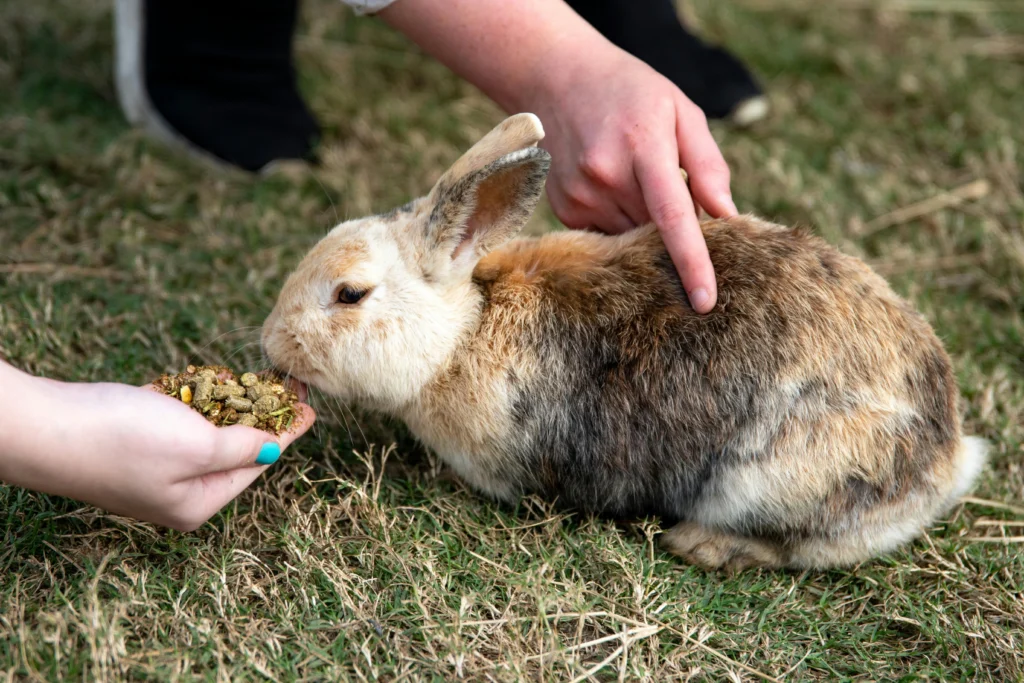
This article breaks it all down for you. We’ll explore the top 10 best foods to feed your senior rabbit, taking into account their unique health needs and common aging challenges. Whether your bunny is slowing down, losing weight, or showing signs of dental problems, the right diet can make a significant difference in their quality of life.
From high-fiber hays to nutrient-packed veggies and specialized senior rabbit pellets, this guide will help you make informed choices for your furry friend. We’ve also included some expert tips on portion control, feeding schedules, and how to monitor your rabbit’s response to dietary changes.
Let’s dive into the best food options to keep your senior rabbit healthy, active, and happy in their later years. After all, your bunny deserves the best care, especially when it comes to what’s in their bowl.
1. Timothy Hay – The Foundation of a Senior Rabbit’s Diet
Why Timothy Hay is the Best Food for Older Rabbits
When it comes to senior rabbit nutrition, Timothy hay is hands down one of the most essential components of a healthy diet. Rich in long-strand fiber and low in calcium, Timothy hay helps keep your rabbit’s digestive system functioning properly and prevents issues like GI stasis, which older rabbits are especially prone to.
As rabbits age, their metabolism slows, and they become more susceptible to dental problems. Timothy hay helps naturally wear down their teeth and supports digestive health, making it a perfect staple for aging bunnies. Unlike alfalfa hay, which is better suited for young or underweight rabbits, Timothy hay offers the right balance of nutrients without promoting excessive weight gain or urinary issues.
How to Serve It
Ensure your senior rabbit has constant access to fresh Timothy hay, as it should make up 70–80% of their daily diet. Choose high-quality, green, and fragrant hay without dust or mold. Some premium brands even offer soft-cut Timothy hay, which is easier on sensitive teeth and ideal for older rabbits with dental discomfort.
Bonus Tip for Picky Eaters
If your senior rabbit has become fussy or has dental sensitivities, mix in a bit of orchard grass or meadow hay to add variety and softness to their diet. This small adjustment can make a big difference in appetite and comfort.
Including Timothy hay daily is one of the simplest yet most effective ways to offer the best food for older rabbits, keeping their digestive system in check and ensuring a happy, healthy life.
2. Senior Rabbit Pellets – A Balanced Boost for Aging Bunnies
Why Senior-Specific Pellets Are Among the Best Food for Older Rabbits
As rabbits age, their dietary needs become more specialized, and this is where senior rabbit pellets can play a crucial role. These specially formulated pellets are designed with lower calcium, higher fiber, and additional vitamins and minerals that support aging systems from joint health to immunity.
Senior-specific pellets often contain omega-3 fatty acids, prebiotics, and ingredients like cranberry or yucca extract, which support rabbit digestive health and urinary tract function. This makes them one of the best food options for older rabbits dealing with weight loss, nutrient deficiencies, or reduced appetite.
Unlike regular adult pellets, senior formulas are typically softer or easier to chew, perfect for rabbits with dental issues or reduced jaw strength. They’re also portion-controlled, helping to prevent obesity, which is a common concern in older pets.
How Much Should You Feed?
Pellets should complement, not replace, your rabbit’s hay intake. For senior rabbits, about 1/8 to 1/4 cup of pellets per 5 lbs of body weight daily is typically sufficient, but this can vary depending on health, activity level, and your vet’s advice.
Product Tip
Look for soft pellets for rabbits made specifically for seniors. Brands like Oxbow and Sherwood offer blends that are vet-recommended and crafted for senior rabbit nutrition.
Adding the right pellets to your rabbit’s daily routine is more than just a meal, it’s targeted support. With the right choice, senior rabbit pellets rank as some of the best food for older rabbits, ensuring your furry friend stays energized, healthy, and comfortable.
3. Leafy Greens – Hydration and Nutrients for Senior Rabbits
Why Leafy Greens Are Among the Best Food for Older Rabbits
As rabbits age, maintaining hydration and digestive balance becomes even more important. Leafy greens are a powerhouse of hydration, fiber, and natural vitamins, making them one of the best food for older rabbits. These vegetables not only help with digestion but also provide antioxidants and minerals to support immune health and mobility.
Many senior rabbits can become prone to dehydration or constipation. Including hydrating vegetables for rabbits like romaine lettuce, cilantro, parsley, bok choy, and dandelion greens can offer both water content and nutritional value. These greens are low in calcium and sugar, making them ideal for the rabbit aging diet.
Feeding fresh greens daily adds variety and encourages appetite in older rabbits who may be less interested in plain hay or pellets. Plus, the natural crunch helps keep their teeth gently stimulated without being too harsh.
How to Serve Greens Safely
Introduce new greens slowly to prevent digestive upset. A general guideline is about 1 cup of leafy greens per 2 lbs of body weight daily, spread across two feedings. Always wash greens thoroughly to remove pesticides or dirt and avoid gas-producing options like iceberg lettuce or cabbage.
Bunny Tip
Offer a variety of 3–4 different leafy greens on a rotating basis to provide your rabbit with diverse flavors and essential nutrients. This helps support their nutritional needs and keeps mealtime interesting.
When it comes to hydration, variety, and essential nutrients, leafy greens undeniably rank among the best food for older rabbits, promoting both digestive comfort and overall vitality.
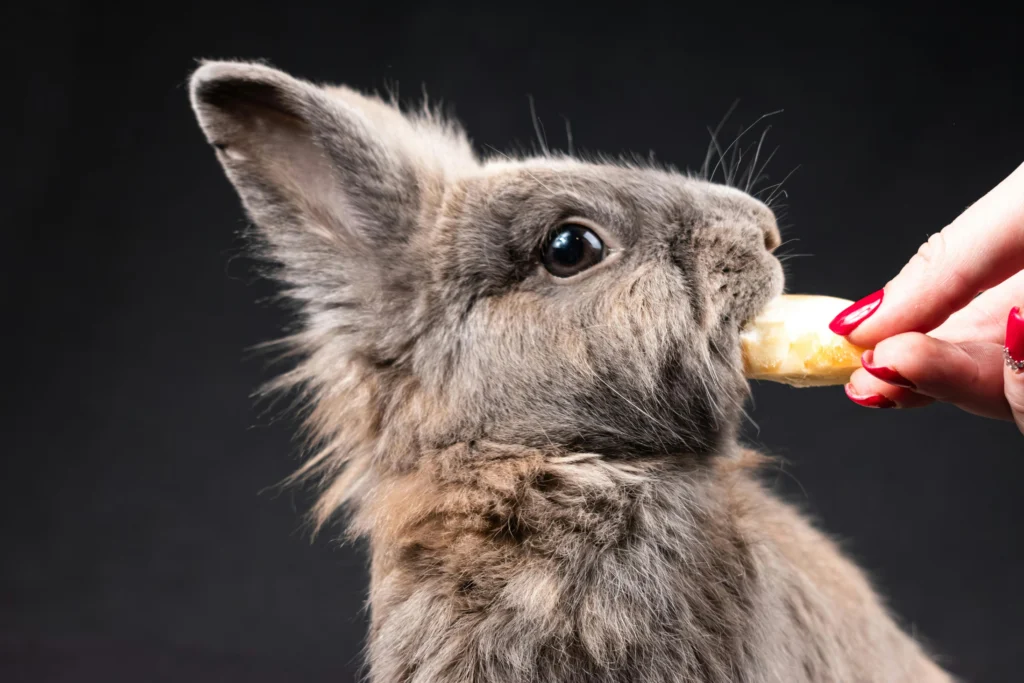
4. High-Fiber Rabbit Treats – Tasty Support for Aging Digestion
Why High-Fiber Treats Are One of the Best Food for Older Rabbits
While treats should always be given in moderation, the right kind of treat can actually support your senior rabbit’s health. High-fiber rabbit treats made from natural ingredients like dried herbs, hay-based biscuits, or dehydrated vegetables offer both enrichment and digestive benefits. That’s why they’re easily considered one of the best food for older rabbits when chosen wisely.
Unlike sugary commercial snacks that can harm your rabbit’s gut health, fiber-rich treats stimulate the digestive tract and prevent issues like gas, bloating, or GI stasis, common in aging bunnies. They’re also helpful in keeping your rabbit mentally engaged, especially if their activity level has slowed down with age.
Look for treats that list Timothy hay, oat hay, or natural herbs as the first ingredient. These healthy rabbit snacks can be used for bonding, training, or even hiding medication in a stress-free way. Just be sure to avoid anything with added sugar, artificial flavors, or seeds.
How Often Should You Offer Treats?
Limit treats to no more than 1–2 small pieces per day, and always observe how your rabbit reacts to new additions. Treats should never replace hay or pellets but rather complement a balanced, fiber-rich diet for senior rabbit digestion.
Recommended Picks
Brands like Oxbow, Small Pet Select, and Sherwood offer vet-approved high-fiber treats specifically designed for aging rabbits.
Adding the occasional treat not only brings joy to your rabbit’s day but also supports their digestive health, making these snacks one of the best food for older rabbits when used with care and intention.
5. Fresh Fruits (in Moderation) – A Natural Treat for Senior Rabbits
Why Fresh Fruits Can Be Among the Best Food for Older Rabbits
While fruits should only make up a very small portion of a rabbit’s diet, certain types of fresh fruits can provide hydration, essential vitamins, and a welcome variety to an older bunny’s meals. When offered properly, they can easily be considered one of the best food for older rabbits, especially for those needing a little extra motivation to eat.
Fruits like blueberries, apple slices (no seeds), banana, and strawberries are rich in antioxidants and vitamins that support immune function and energy levels in aging rabbits. These healthy fruits for rabbits also contain natural sugars, which can help stimulate appetite in senior bunnies with a reduced interest in food.
That said, portion control is key. Excessive fruit consumption can cause weight gain, dental problems, and digestive disturbances. Always prioritize low-sugar treats for older bunnies, and avoid dried fruits, which have concentrated sugars.
Serving Tips for Safety
- Serve no more than 1–2 tablespoons of fruit per 5 lbs of body weight, 2–3 times per week.
- Thoroughly wash all fruits and slice them into small, manageable pieces for easy eating.
- Gradually introduce new fruits and keep an eye on your rabbit for any changes in digestion or stool consistency.
Hydration Bonus
Fruits with high water content, like watermelon (seedless), cantaloupe, or cucumber (technically a fruit!), can also aid in senior rabbit hydration, especially helpful during warmer months or if your rabbit drinks less than usual.
When given in moderation, fresh fruits can be a joyful addition to your bunny’s routine and truly rank among the best food for older rabbits, offering both taste and nourishment.
6. Anti-Inflammatory Herbs – Natural Support for Aging Joints
Why Anti-Inflammatory Herbs Are Among the Best Food for Older Rabbits
As rabbits age, it’s common for them to experience stiffness or reduced mobility due to joint inflammation. Incorporating anti-inflammatory herbs into their diet provides a natural and gentle way to promote comfort and mobility. That’s why certain herbs easily qualify as some of the best food for older rabbits, especially when managing the early signs of arthritis or reduced activity.
Mint, basil, chamomile, and rosemary are valued for their anti-inflammatory and antioxidant benefits. They’re also flavorful and can stimulate the appetite in picky senior rabbits. These herbs support joint health for senior rabbits without introducing excess calories or sugars into the diet.
Incorporating fresh or dried herbs into your rabbit’s daily meals can help reduce stiffness, aid digestion, and even calm anxiety, another common issue in older bunnies. They also pair beautifully with hay and leafy greens, encouraging better food intake overall.
How to Safely Feed Herbs
- Offer a small handful (about 1–2 tablespoons) of fresh herbs daily, rotating varieties for balance.
- Always rinse herbs well and serve them raw, without any cooking or added seasonings.
- Avoid strong or potentially harmful herbs like chives, leeks, and onion greens.
Wellness Tip
Look for herbal blends formulated for rabbit mobility support, which often include safe mixes of nettle, dandelion, calendula, and plantain leaves. These are available from reputable small pet brands and can be sprinkled onto hay or pellets.
Herbs may be small, but they pack a big punch in terms of nutrition and wellness. As gentle natural remedies, they’re easily among the best food for older rabbits, offering daily support for comfort, appetite, and vitality.
7. Soft Mash or Critical Care – A Lifesaver for Fragile Senior Rabbits
Why Soft Foods Can Be the Best Food for Older Rabbits with Dental or Health Issues
As rabbits age, some may struggle with chewing due to dental problems, jaw weakness, or illness. In these cases, soft mash or Critical Care formulas can be a true nutritional lifesaver. Easily digestible and nutrient-rich, these options are often the best food for older rabbits that can no longer manage hay or pellets comfortably.
Critical Care is a powdered recovery food developed by veterinarians, designed specifically for rabbits who are losing weight or recovering from illness. When mixed with warm water, it becomes a smooth, palatable mash full of fiber, vitamins, and essential minerals. It not only supports rabbit dental care by reducing the need for chewing but also provides a concentrated source of calories and hydration.
If your rabbit is not sick but simply older and slower to eat, a homemade mash made from soaked pellets and a bit of pureed leafy greens can serve as an excellent soft food for senior rabbits. Adding a small amount of pumpkin puree or banana can also help improve taste without overwhelming their digestion.
How to Serve It
- Offer small amounts using a shallow dish or syringe (if advised by a vet).
- Ensure the mash is lukewarm, not hot or cold.
- Always consult your vet before transitioning to soft diets long-term.
When to Use It
Soft mash is especially useful after dental procedures, during appetite slumps, or for rabbits with chronic conditions. It also acts as an effective appetite booster for rabbits when they’re not eating enough on their own.
Whether used short-term or as part of daily feeding, soft foods like these easily rank as some of the best food for older rabbits, ensuring they stay nourished even during challenging times.
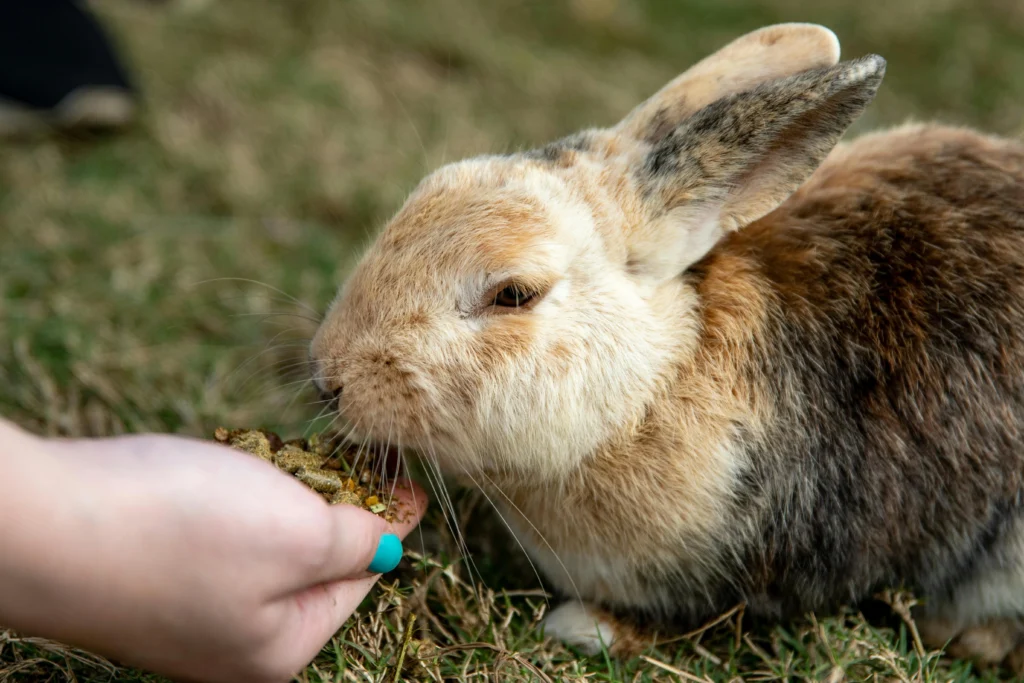
8. Probiotic Supplements – Gut Health Essentials for Senior Rabbits
Why Probiotics Are Among the Best Food for Older Rabbits
As rabbits age, their digestive systems become more sensitive and less efficient. Introducing probiotic supplements can significantly improve gut health for aging bunnies, helping maintain balanced digestion, nutrient absorption, and regular bowel movements. For rabbits prone to GI slowdown, probiotics can easily be considered one of the best food for older rabbits, especially as part of a holistic care routine.
Probiotics provide beneficial bacteria that help maintain a balanced and healthy gut microbiome. For senior rabbits, this can mean fewer issues like gas, bloating, or soft stools. Many natural rabbit supplements include not only probiotics, but also prebiotics and digestive enzymes to further boost the absorption of nutrients from hay, pellets, and greens.
These supplements are often available in powder or chewable form and can be sprinkled over food or mixed with soft mash. Choose probiotics that are specially formulated for rabbits, and avoid those made for humans or other animals, as they may contain ingredients that are harmful to bunnies.
How to Use Probiotics Safely
- Use the dosage recommended on the package or as directed by your veterinarian.
- Start with a small amount to monitor your rabbit’s reaction.
- Pair with a high-fiber diet to achieve optimal results.
Health Bonus
Some probiotic blends also contain ingredients like echinacea, papaya enzyme, or yeast cultures that enhance immune function and reduce inflammation, adding extra value for older rabbits.
If your senior rabbit experiences irregular digestion or a low appetite, adding probiotics to their diet can make a big difference. When chosen carefully, probiotic supplements truly stand out as the best food for older rabbits, helping them stay comfortable, active, and nutritionally balanced.
9. Low-Calcium Vegetables – Supporting Kidney and Bladder Health
Why Low-Calcium Veggies Are Some of the Best Food for Older Rabbits
As rabbits age, they become more prone to urinary tract issues such as bladder sludge, kidney strain, or even stones. These issues are frequently associated with an overabundance of calcium in the diet. That’s why low-calcium vegetables are some of the best food for older rabbits, helping to reduce health risks while still providing essential nutrients and fiber.
Options like zucchini, bell peppers, cucumber, celery, and butternut squash are hydrating, tasty, and contain very little calcium. They’re great for rabbits who may already be dealing with urinary problems or who are on a low-calcium rabbit diet as a preventive measure. These vegetables also offer added moisture, supporting bladder health for senior rabbits.
You can feed these veggies daily in moderation alongside leafy greens. They’re especially beneficial when rotated with other high-fiber and hydrating options. Avoid overfeeding high-calcium foods like kale, spinach, parsley, or beet greens, which can contribute to calcium buildup over time.
How to Serve Them
- Rinse thoroughly and cut into small, bite-sized pieces for easy chewing.
- Mix 1–2 types with your rabbit’s regular greens for variety.
- Monitor your rabbit’s urine, chalky deposits may indicate too much calcium.
Extra Tip
Introduce a mix of low-calcium veggies slowly to help your rabbit adjust and to prevent digestive upset. They also make ideal options for bunnies with kidney-friendly food needs later in life.
With their gentle nutrient profile and support for organ health, low-calcium vegetables are clearly among the best food for older rabbits, especially when you’re focused on preventing age-related urinary issues and keeping your bunny comfortable.
10. Dark Leafy Greens – Superfoods for Senior Rabbit Vitality
Why Leafy Greens Are Among the Best Food for Older Rabbits
No rabbit diet is complete without leafy greens, but for aging bunnies, choosing the right types can offer additional health benefits. Dark, nutrient-rich leafy greens are packed with antioxidants, vitamins, and minerals that help with everything from boosting immunity in senior rabbits to supporting digestion and energy levels. That’s why they easily rank among the best food for older rabbits.
Options like romaine lettuce, bok choy, cilantro, dandelion greens, and arugula offer vital nutrients such as Vitamin K, folate, magnesium, and beta-carotene. These compounds are essential for maintaining heart health, improving circulation, and enhancing immune function in older rabbits.
When served fresh and in rotation, leafy greens not only support physical health but also encourage hydration, which is crucial for senior rabbits who may not drink as much as they should. Steer clear of iceberg lettuce, as it offers little nutritional value and may lead to digestive issues.
Feeding Guidelines
- Offer a variety of 3–5 types of greens daily, totaling about 1 cup per 2 lbs of body weight.
- Wash thoroughly to remove pesticides or bacteria.
- Gradually introduce new greens to help avoid gastrointestinal upset.
Bonus Benefits
Some leafy greens like dandelion and parsley (in small amounts) also act as mild diuretics or liver support, giving an extra boost to aging systems. They’re often regarded as rabbit superfoods because of their impressive nutrient density.
Leafy greens are a cornerstone of rabbit nutrition at any age, but they’re especially powerful for senior bunnies. Their ability to promote wellness on multiple levels makes them one of the absolute best food for older rabbits, ensuring longevity and quality of life.
Conclusion: Choosing the Best Food for Older Rabbits
As your bunny enters their golden years, every meal becomes more important. Providing the best food for older rabbits isn’t just about satisfying hunger, it’s about supporting a long, healthy, and happy life. A thoughtful diet can reduce the risk of common senior health problems, increase energy, and improve your rabbit’s quality of life in noticeable ways.
From high-fiber hay and quality pellets to leafy greens, soft mash, and natural supplements, each item we’ve covered plays a special role in a well-rounded aging bunny diet. Hydrating fruits, joint-supporting herbs, low-calcium veggies, and probiotics all contribute to better digestion, mobility, and immunity. These aren’t just food items, they’re building blocks of healthy rabbit nutrition for seniors.
Remember, the best food for older rabbits also depends on individual health conditions. Always consult a rabbit-savvy vet if your bunny shows signs of weight loss, dental issues, or digestive changes. Tailoring their diet to their evolving needs shows love and keeps them thriving.
Consistency, variety, and gentle foods are key. Avoid sudden dietary changes, and introduce new items gradually. Even small improvements, like offering a probiotic sprinkle or switching to softer foods, can make a world of difference for your senior rabbit.
By focusing on what truly is the best food for older rabbits, you’re not just feeding your pet, you’re nurturing their golden years with intention and care. With the right nutrition and a watchful eye, your aging bunny can enjoy a vibrant, comfortable life full of joy and hopping.
FAQ: Best Food for Older Rabbits
Q1: What is the best food for older rabbits?
The best food for older rabbits includes a mix of high-fiber hay (like Timothy or orchard grass), low-calcium leafy greens, quality pellets, and supplements like probiotics or joint-supporting herbs. Soft food like Critical Care mash can also help rabbits with dental or appetite issues. Always tailor your senior rabbit’s diet to their health needs.
Q2: Do senior rabbits need a special diet?
Yes. An aging bunny diet should focus on digestion, hydration, joint health, and maintaining a healthy weight. Older rabbits may need fewer pellets, more leafy greens, and foods that are easier to chew. Routine veterinary visits can help ensure their diet is adjusted appropriately as their needs change.
Q3: How often should I feed my senior rabbit?
You should feed hay unlimited, fresh leafy greens once or twice daily, and pellets in measured amounts based on your rabbit’s size and condition. Soft foods or supplements can be added as needed for extra support. Consistency and portion control are key for healthy rabbit nutrition.
Q4: Can older rabbits still eat fruit?
Yes, but in very small quantities. Fruits like apple slices, berries, or bananas can be used as occasional treats or to stimulate the appetite. Excessive sugar intake can cause digestive problems or weight gain in senior rabbits.
Q5: How do I know if my rabbit’s diet needs to change?
Signs include weight loss, dental issues, soft stool, loss of appetite, or changes in behavior. These may indicate it’s time to reevaluate and transition to the best food for older rabbits, especially soft or supplement-rich options.

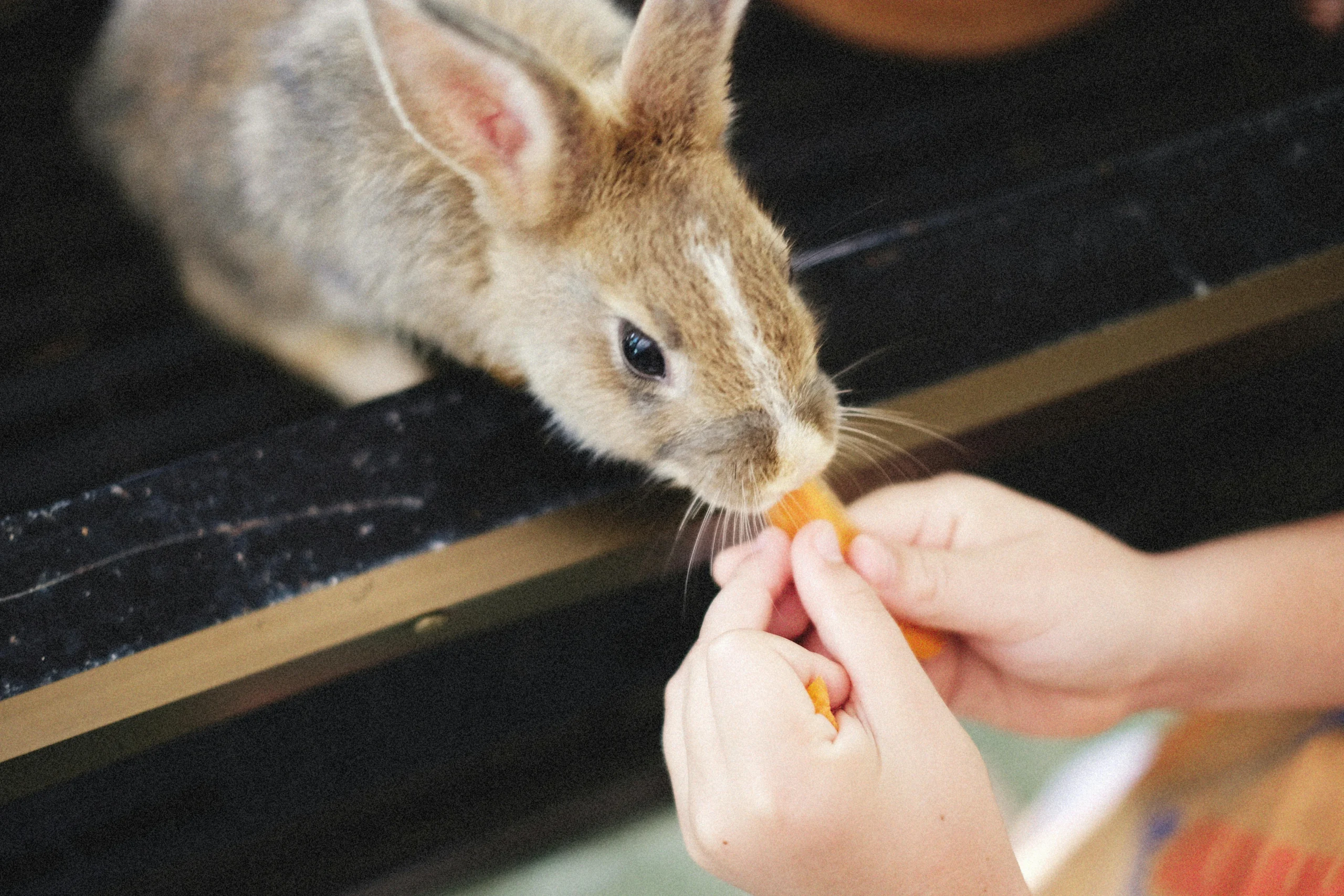
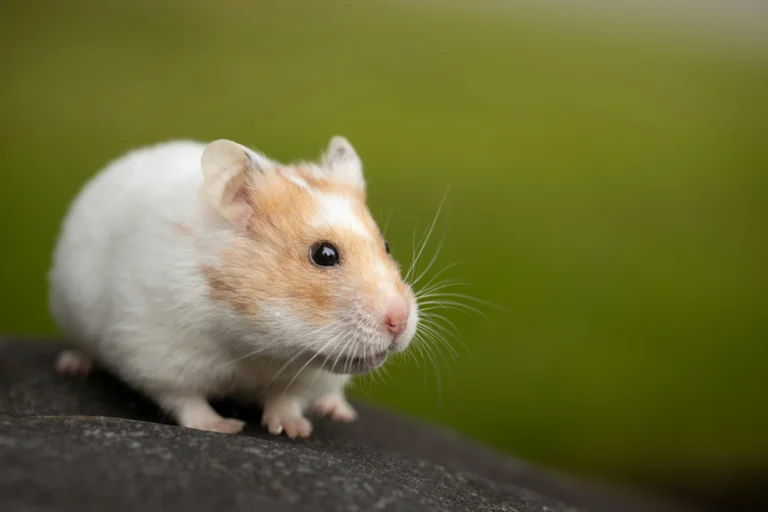
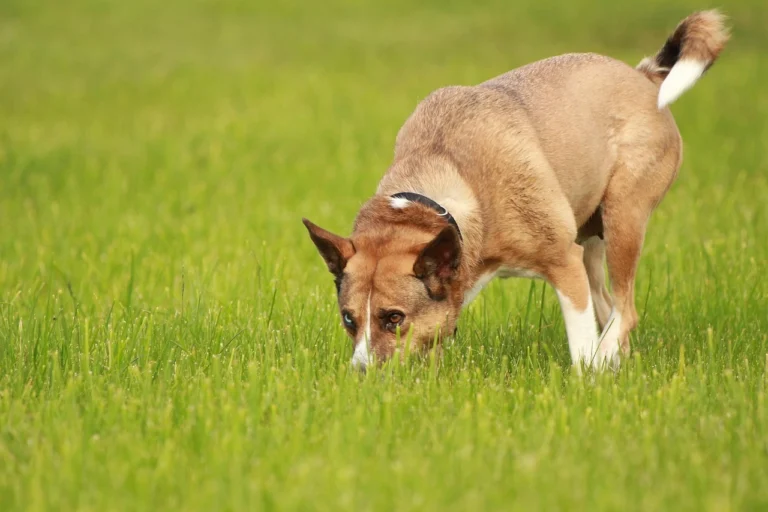
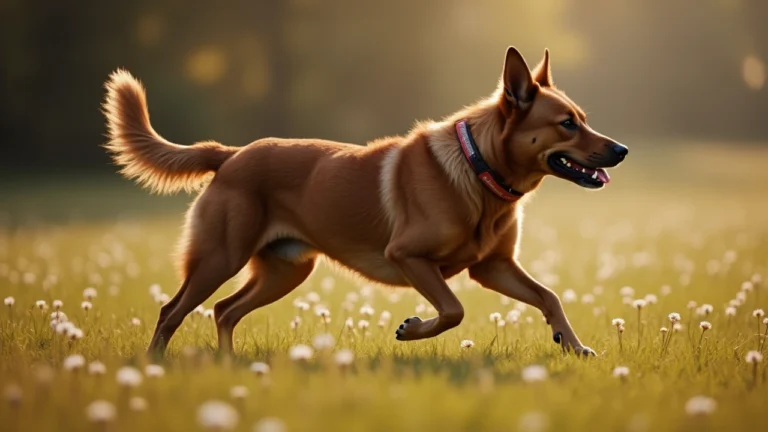
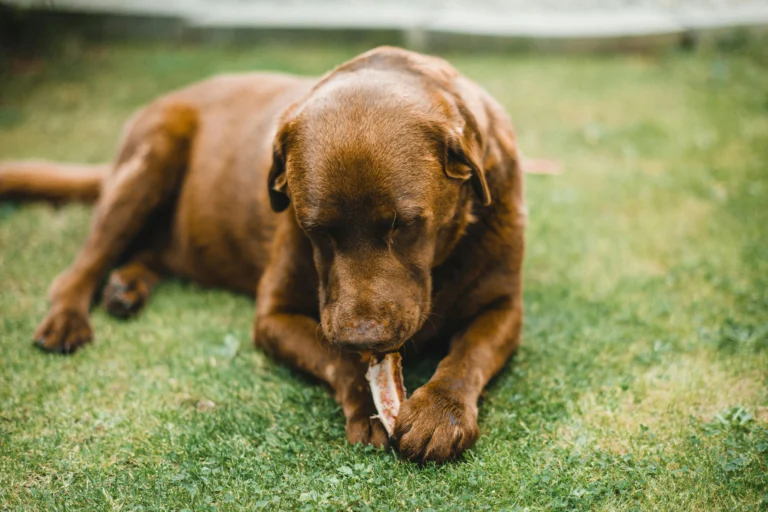
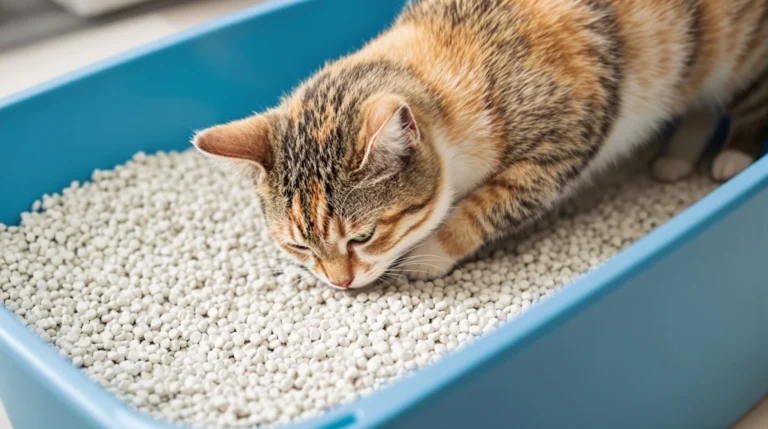
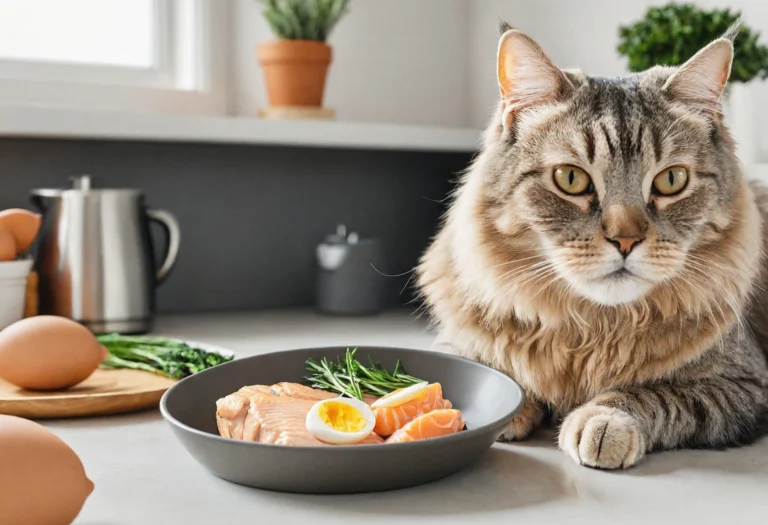
One Comment